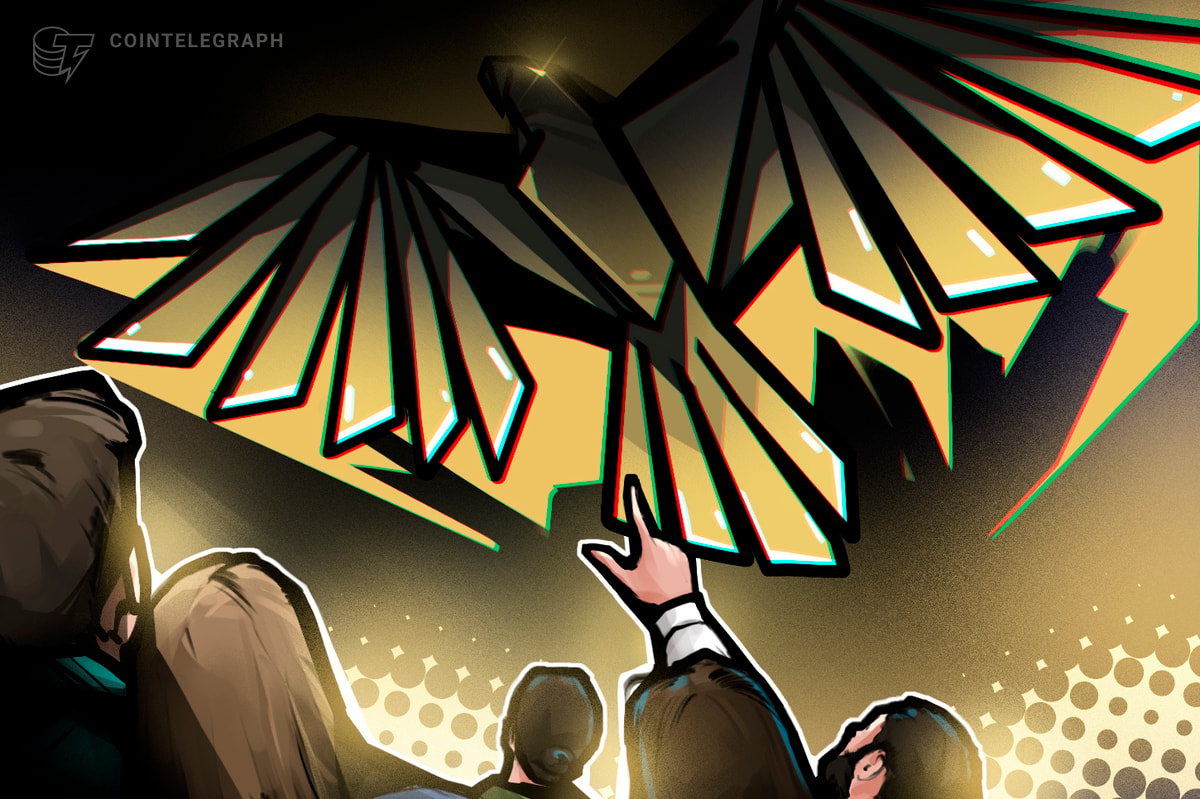Worldcoin plans to expand its operations to allow governments and businesses to utilize its iris-scanning and identity-verifying technology in an effort to sign up more users, according to a Reuters report.
According to the report, Ricardo Macieira, the general manager for Europe at Tools For Humanity — which is behind the Worldcoin project — said that the company is on a mission of “building the biggest financial and identity community” possible.
“The idea is that as we build this infrastructure and that we allow other third parties to use the technology.”
Macieria added that it plans to open-source the technology that powers the iris-scanning orbs to allow for wider use of the product. Recently, other reports have circulated that Worldcoin has been struggling to sign up users post-launch.
However, the project’s co-founder Sam Altman has opposed those claims with posts on Twitter, now known as X, showing a video of people queuing for iris scans. Macieira said that in the future, orbs will be even more community-centric.
“The idea is that anyone can in the future build their own orb and use it to benefit the community that it’s aiming for.”
He continued to say that he doesn’t believe Worldcoin will be the generator of universal basic income, though it would be “very happy” to be the one providing the infrastructure for governments and other entities to do so.
Additionally, Macieira explained to Reuters that Worldcoin intends for companies to pay to use its digital identity system if they want to implement localized systems without the need to gather personal data.
Cointelegraph reached out to Worldcoin for further comment on the developments reported by Reuters and has yet to receive an answer.
Related: Worldcoin releases audit reports showing resolved security issues
Worldcoin’s data collection methods have already been under scrutiny from regulators around the world.
France’s privacy watchdog stated it finds them “questionable,” while German regulators launched a probe into Worldcoin’s operations back in 2022. Regulators in the United Kingdom are also considering opening an inquiry into the company.
However, Worldcoin’s website claims it is “completely private” and that users can choose to have their biometric data stored in encrypted form, or be deleted.
Most recently, on Aug. 2, Kenya’s minister of internal security announced that Worldcoin was banned from operating in the country.
Collect this article as an NFT to preserve this moment in history and show your support for independent journalism in the crypto space.
Magazine: Experts want to give AI human ‘souls’ so they don’t kill us all











